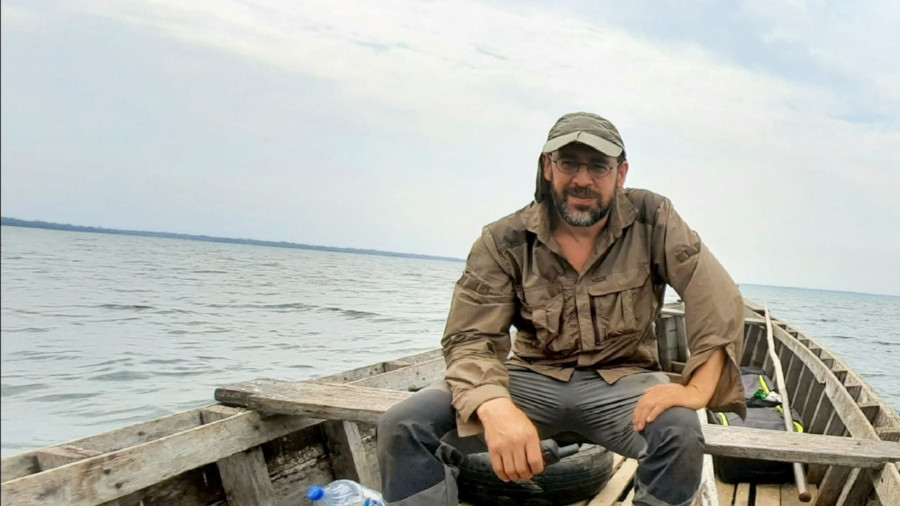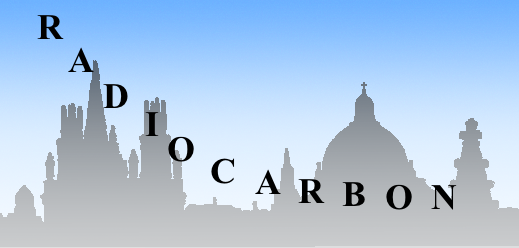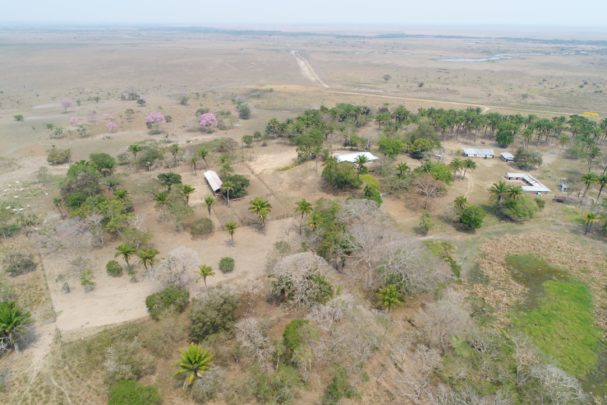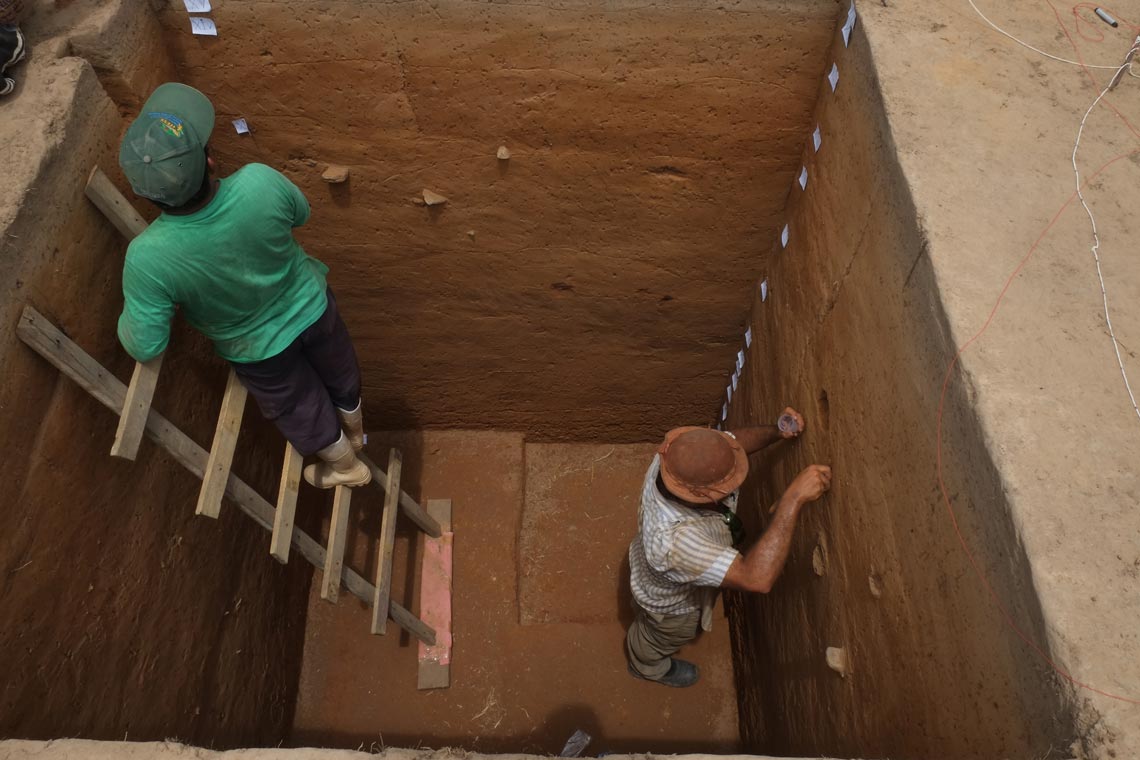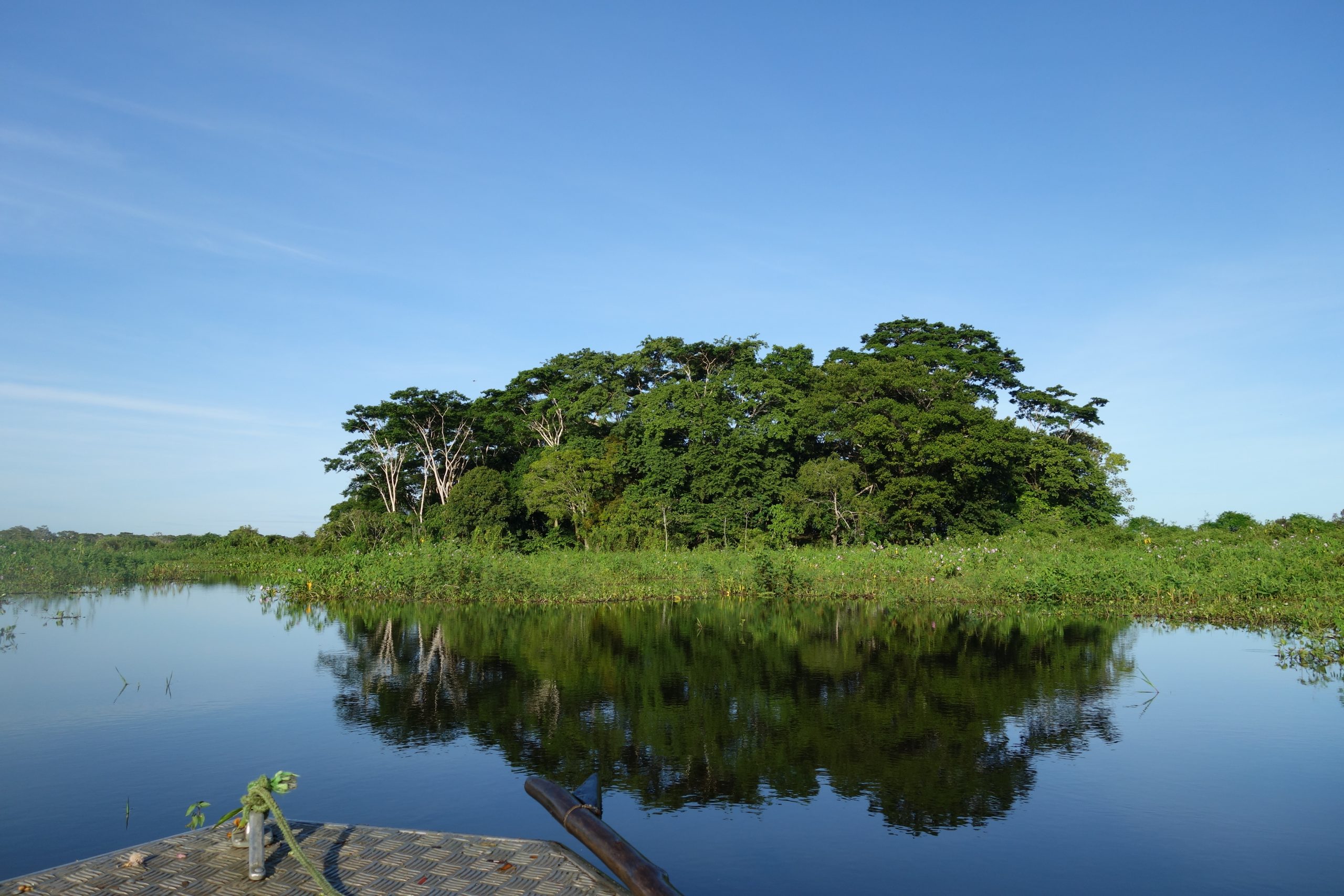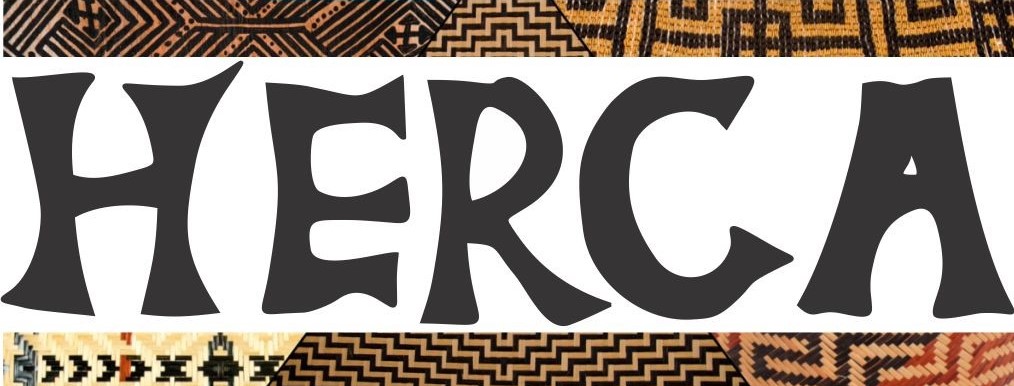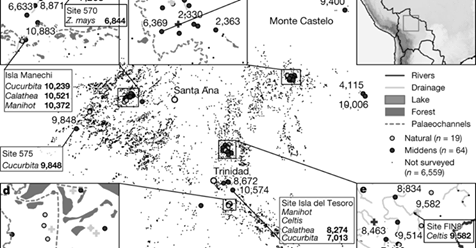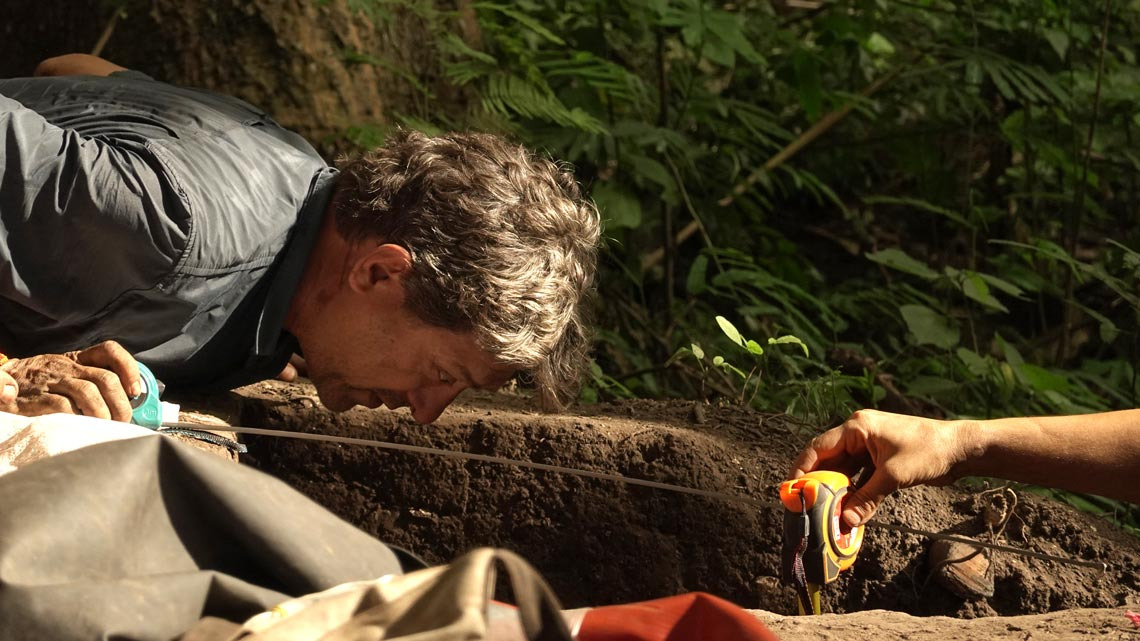In this short video, we show part of our fieldwork in Bolivia, as well as some important findings from our research.
Great news for Oxford Radiocarbon Accelerator Unit (ORAU)!!
Along with colleagues (Drs Bethan Linscott and David Chivall), HERCA members Prof. Christopher Bronk Ramsey and Dr Lorena Becerra Valdivia were awarded £56,500 from the John Fell Fund, the University…Read More >
The early settlers of the Llanos de Mojos
Recently, our colleague Umberto Lombardo, a researcher from the Herca project, was interviewed in Bolivia and talked about his previous research that reconstructs the Holocene histories of fluvial dynamics and…Read More >
The interconnected peoples of ancient Amazon
“These ruts in the ground between geoglyphs were once well-kept roads” Sanna Saunaluoma In 1887, a party of 35 people led by colonel Antonio Rodrigues Pereira Labre…Read More >
Environmental change at the Monte Castelo archaeological shell mound
Monte Castelo shell mound is an artificial forest island located in the southwestern portion of the Amazon basin. Recent archaeological studies have revealed that Monte Castelo has been continuously occupied…Read More >
Job opportunity!!
Job opportunity: 2* year postdoctoral associate in Amazonian Palynology and Palaeoecology at the University of São Paulo (US), São Paulo, Brazil Applications are invited for the post of Postdoctoral Research…Read More >
Phytoliths and its importance for palaeoecological reconstructions
Phytoliths are particles of silica produced by different groups of plants with functions that can vary from protection against herbivory to structural purposes. It turns out that when the plant…Read More >
Amazonia as an early centre of plant domestication
Perhaps one of the most intriguing questions about the Amazon and the people who lived there before the arrival of Europeans revolves around the way of life of these populations….Read More >
Fieldwork in Amazonia during Covid-19 pandemic
This week, an article published by Revista FAPESP tells the story of Archaeologist Eduardo Neves, HERCA’s co-principal investigator, and how he learned about the Covid-19 pandemic after two weeks isolated…Read More >

